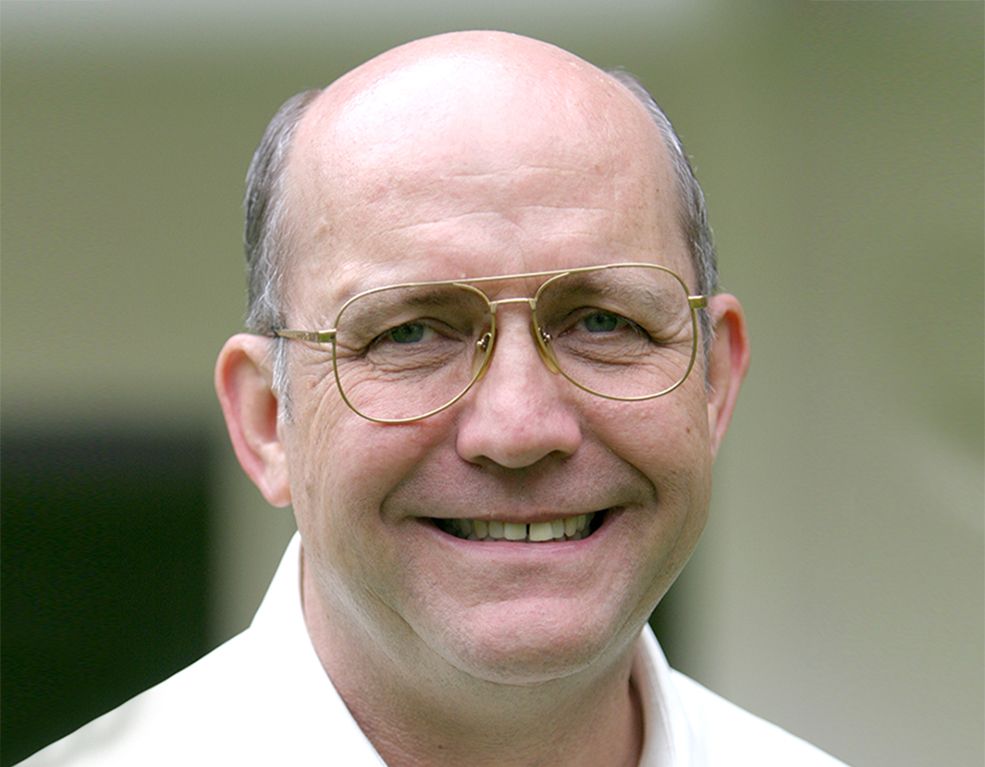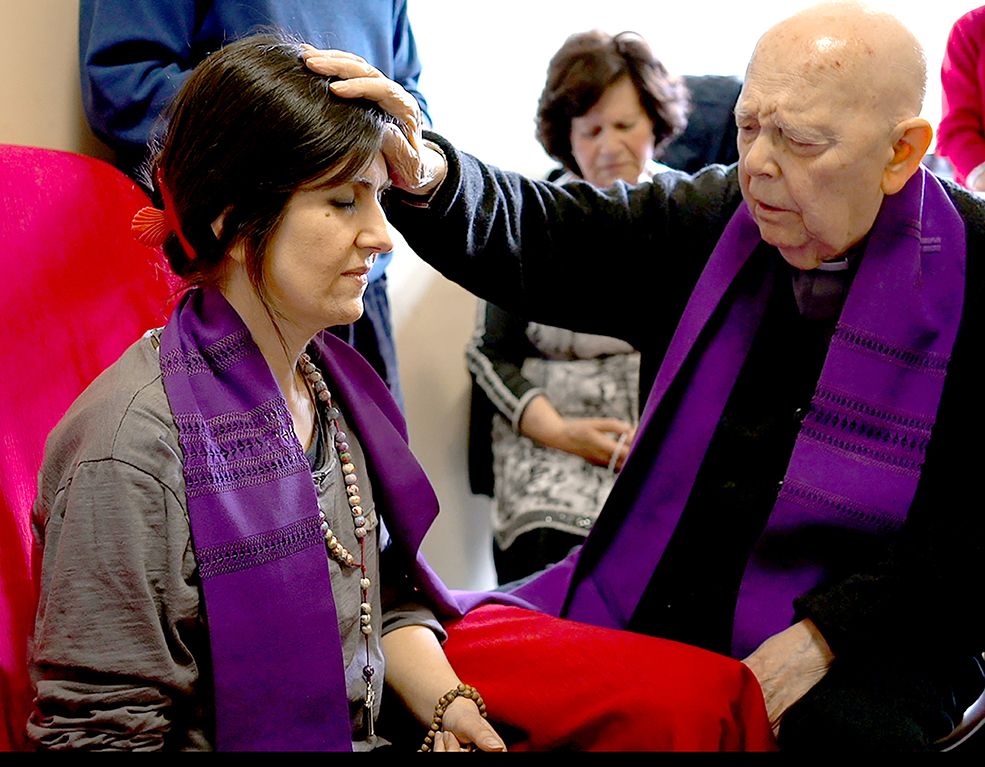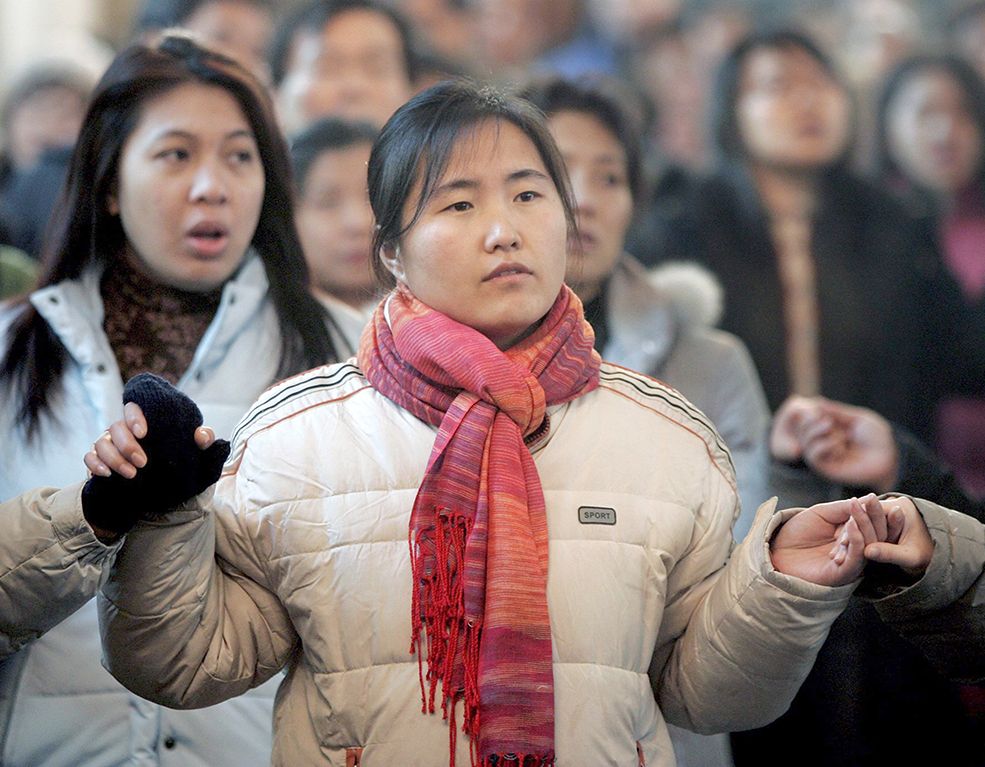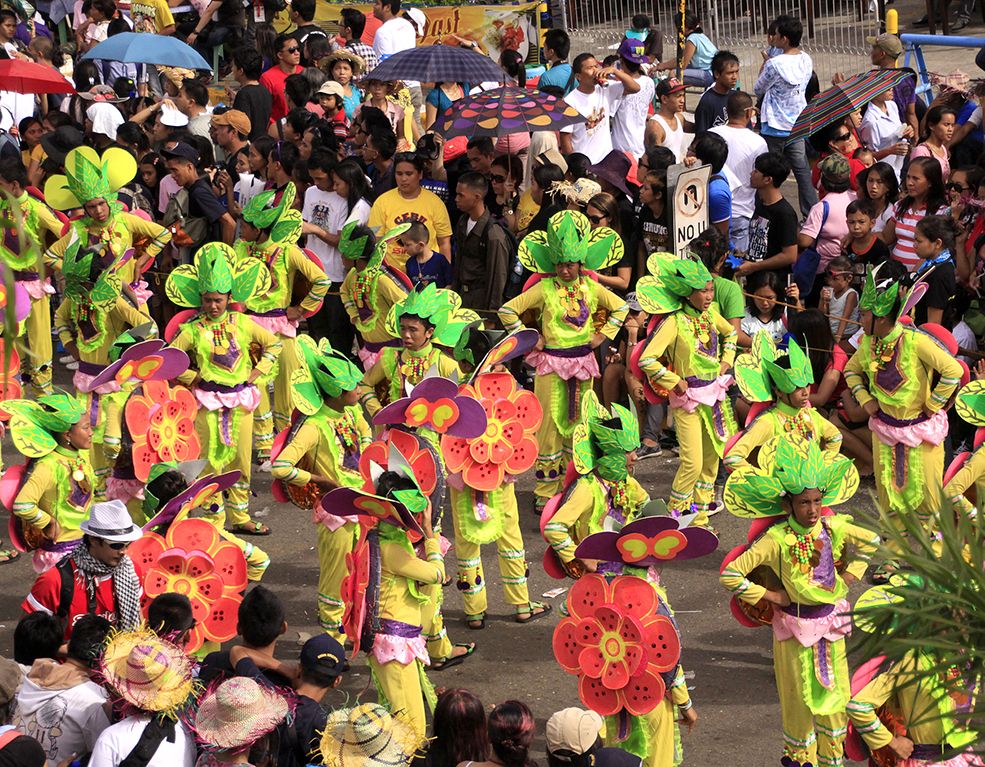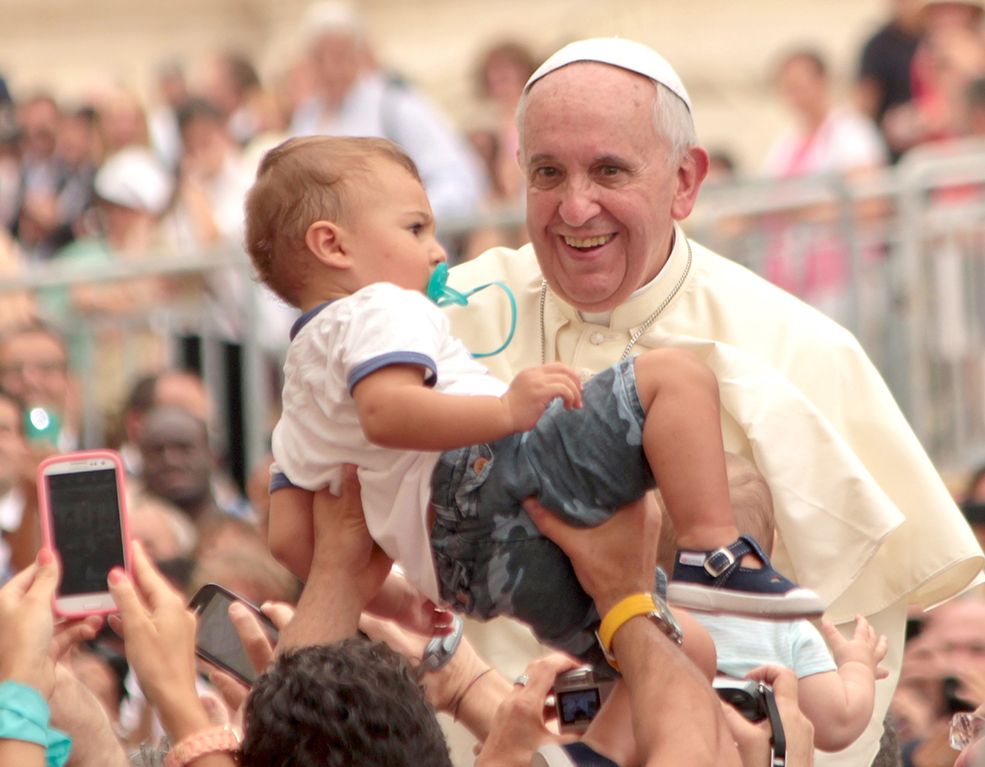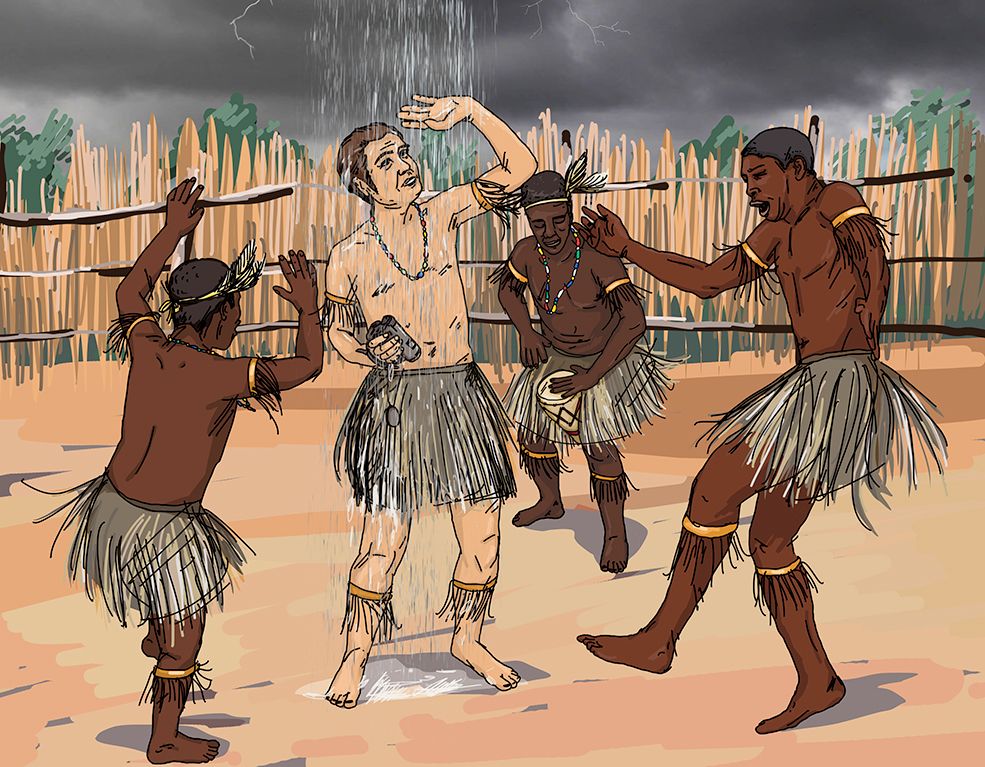New Beginnings. The non-violent overthrow of the Marcos regime was “a victory of moral values over the sheer physical force on which he had relied.” It signaled people’s determination not to shed Filipino blood. The revolution was a “movement for active non-violence which was promoted by Church-related groups.” In addition, “the February Revolution was a political event, not a social revolution.” Basic social issues of wealth and power that plagued the nation for generations remained. The dictatorship was overthrown; yet, many Filipinos remained outside the mainstream of national social, political, and economic life.
Aquino Presidency. Corazon C. Aquino, catapulted into office with little experience, served as Philippine president from 1986-1992. Aquino’s main contribution was the reestablishment of a democratically functioning government. She began by enacting a temporary “freedom constitution.” In May 1986, Aquino appointed a constitutional commission (including Church people) and asked that a new document be produced within three months. This constitution was ratified overwhelmingly by a national referendum in 1987.
Difficult issues faced Aquino: a bankrupt economy, communist insurgents, the status of the United States military bases, coup plotters, natural disasters, a burgeoning population, Islamic separatists, the foreign debt, agrarian reform—the list appeared endless. Drawing on her deep faith, she guided the Filipino people to free and fair elections in May 1992 and the orderly transfer of power to President Fidel Ramos (1992-1998), the first Protestant president of the Philippines. Aquino, an “icon of integrity,” died on August 1, 2009.
Continuing Church Involvement. The Philippine local Church, following the lead of Vatican II, seeks to involve itself with the lives and struggles of Filipinos, their “joys, hopes, griefs, and anxieties” (cf. GS 1). Recently, Church leaders wrote: “Such are the challenges that the Church has to face in its evangelizing and liberating mission. We have to bring our considerable resources as people of God to bear upon these problems.”
Throughout the travails of five centuries of Christianity, the political fortunes of the Filipino people and the consequent social and economic ramifications have helped shape the very identity and perspectives of the local Church. In a word, the context (the lived situation and concrete realities) has shaped the believing community and has significantly influenced the content (Gospel message and faith) of its program of evangelization. Indeed, all these varied elements are necessary ingredients for fully appreciating the vibrant Catholicism found in the Philippines today.

